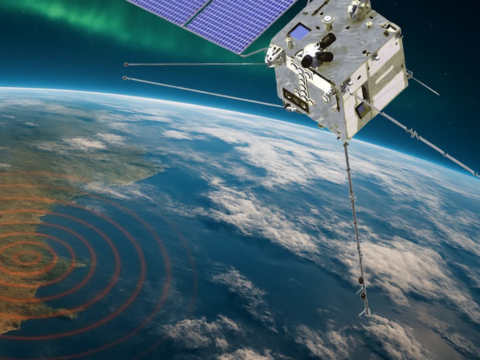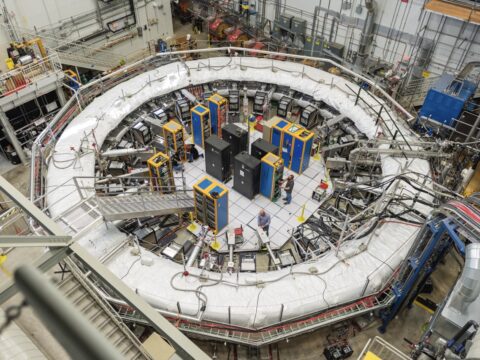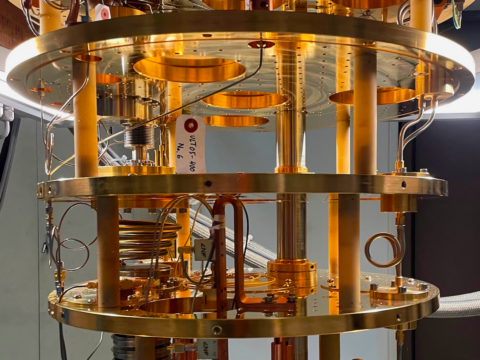
PARTICLE PHYSICS
Particle physics is the study of the constituents of matter and the fundamental forces that act on them. Sometimes, it is also defined as “high-energy physics”, with reference to the interactions between elementary particles that occur at very high energy and make it possible to create particles not present in nature in ordinary conditions. The latter possibility is offered by particle accelerators, key instruments for studying elementary particles at very high energies.
The theoretical framework that describes particles and three of the four fundamental forces of nature is the standard model. Over recent decades, this has received numerous experimental confirmations; however, the model has several limitations, which leave room for the possibility of observing “new physics” phenomena – those not predicted by current theories – in the future.
Particle physicists must confront many open problems today: from the nature of dark matter and dark energy, to the problem of the asymmetry between matter and antimatter, to the many mysteries surrounding neutrinos – very light particles that interact very little with matter. There is still a lot to understand about the features of the Higgs boson too, the last elementary particle discovered thus far. These are difficult challenges but, at the same time, very stimulating. They renew the ambitious goal of particle physicists to investigate the ultimate structure of matter and the universe in which we live more and more deeply.









